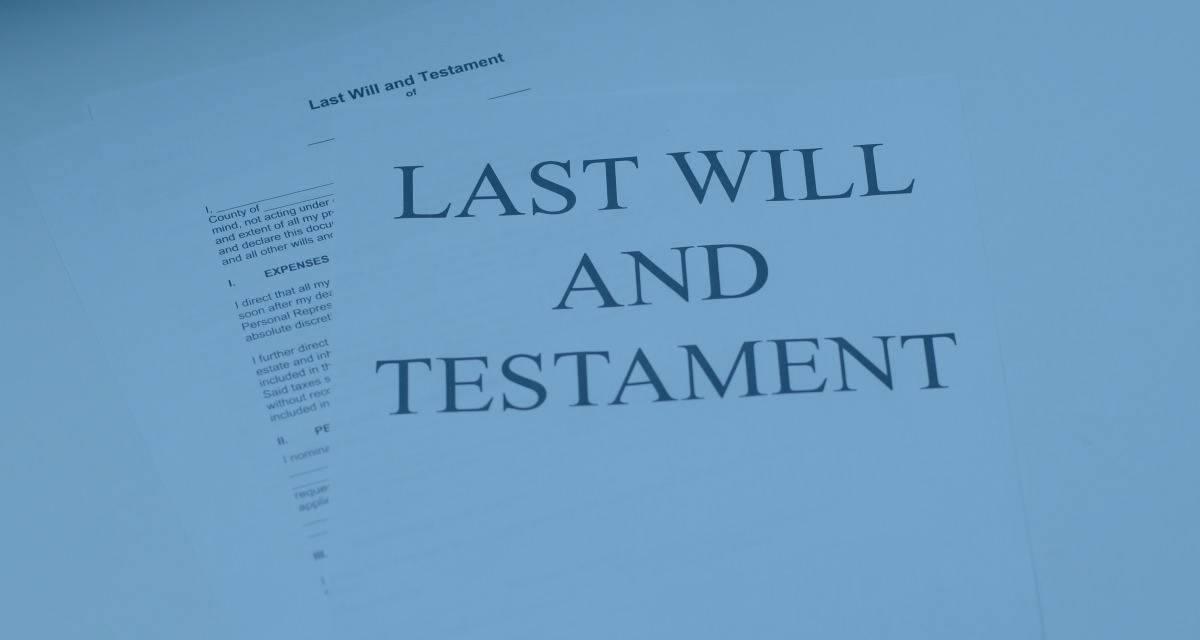When taking instructions for a client’s will, the first question you should ask is if they have an existing will. If so, a copy of the old will should be checked. An existing will can give you an important insight into a client’s mindset, revealing any irregularities, and highlight any problems you may face when drafting a new will.
Were the old wills mutual wills?
An old will should be checked to confirm that the old will was not a mutual will, particularly where the client is a widow. Mutual wills are wills made between multiple parties in which they are making some mutual benefit to the other parties and the parties involved agree that the wills cannot be revoked without the consent of the others. On the death of any of the parties the survivors will be bound by the terms of the mutual wills.
Whilst all parties are alive, they can change their minds at any time and revoke the mutual wills. Once one party to this agreement dies and the others accept their benefit from the deceased’s Will, the agreement not to revoke becomes binding on the other parties.
In the event that a widow’s old will was a mutual will with their late spouse or partner, their old will has become irrevocable and the distribution cannot be changed. It would still be possible to name new executors in a new will but these would hold their estate on a constructive trust of the terms of the mutual will.
Are significant changes being made?
You should check an old will to confirm what distributions that previous will made, so you can compare it to the current will to see if significant changes are being made. If so, you should ask the testator on the reasons why changes are being made and record the reasons in your files. Failing to question significant changes could leave avenues open for unhappy parties to claim undue influence in an attempt to have the new will invalidated.
Content of the previous will
The content of the previous will could raise points of discussion with the client that they might not otherwise raise themselves. For example the previous will may contain:
- an amended revocation clause referencing a will abroad that the client may not otherwise have mentioned.
- older forms of planning that you may wish to discuss with the client such as a nil rate band discretionary trust. A widow’s will containing this trust for example would raise questions on the availability of the RNRB and whether the client owns their home outright.


 © Trust Wills & Probate Limited t/a WillPack. All rights reserved.
© Trust Wills & Probate Limited t/a WillPack. All rights reserved.
You must be logged in to post a comment.